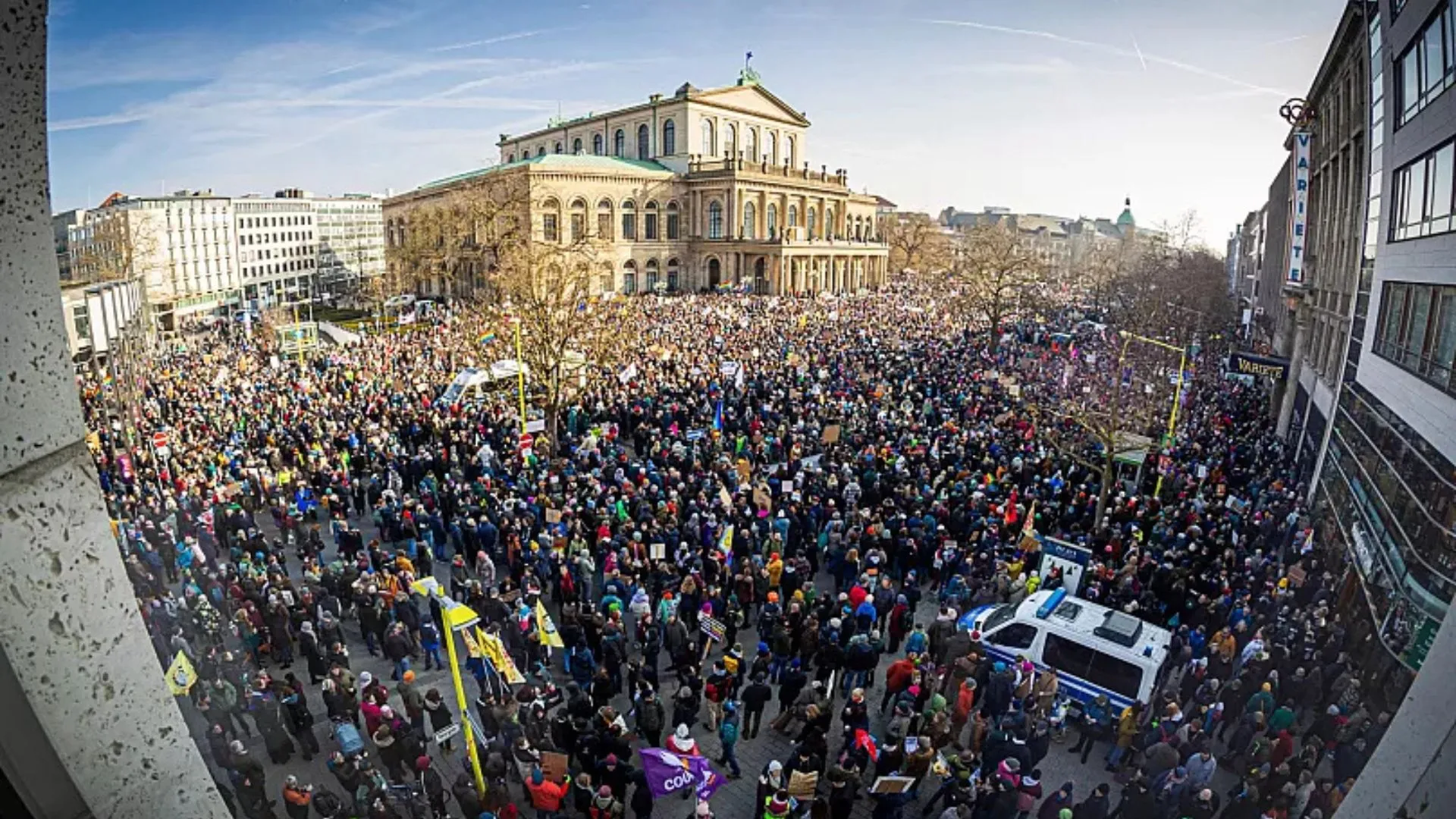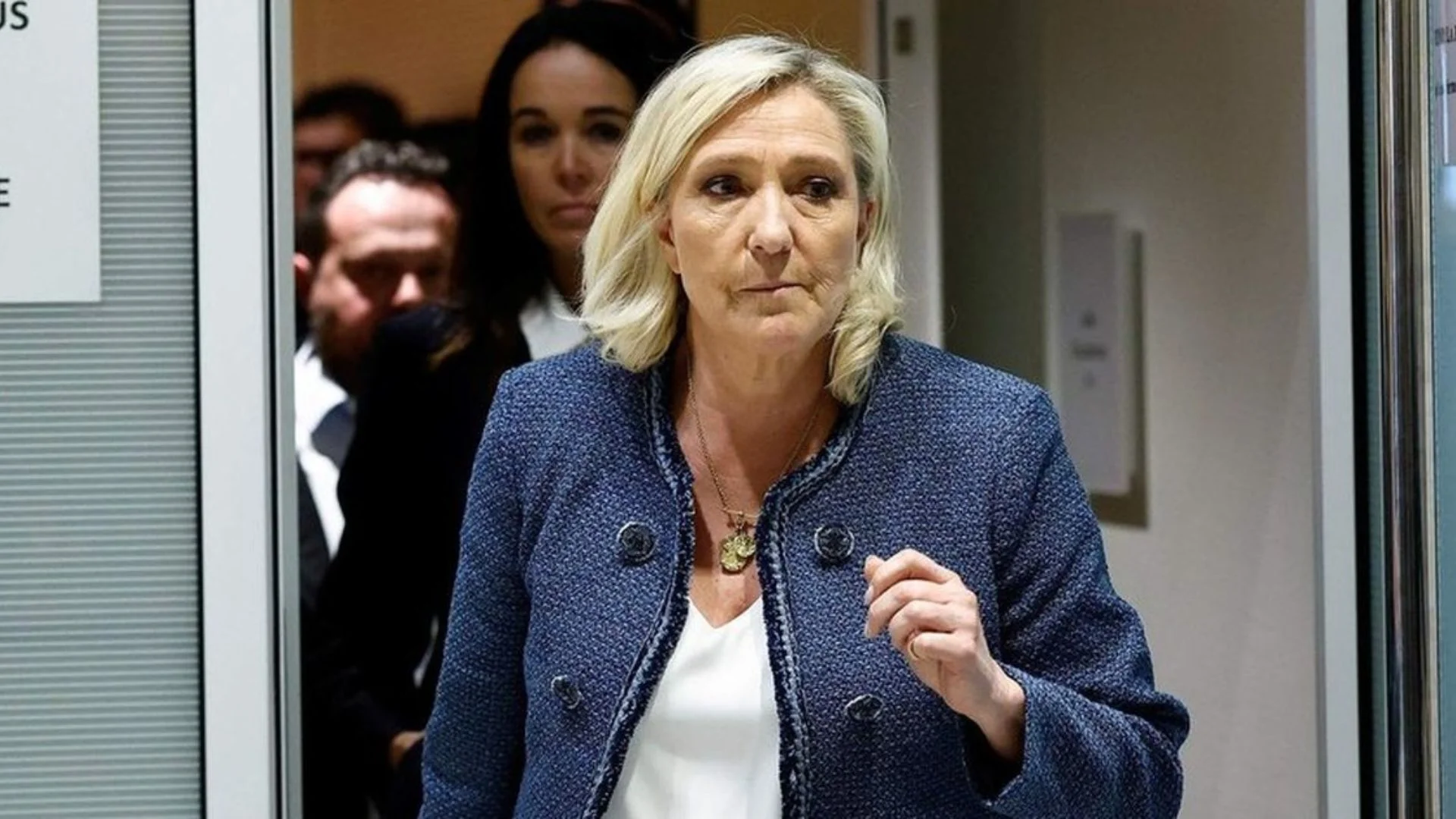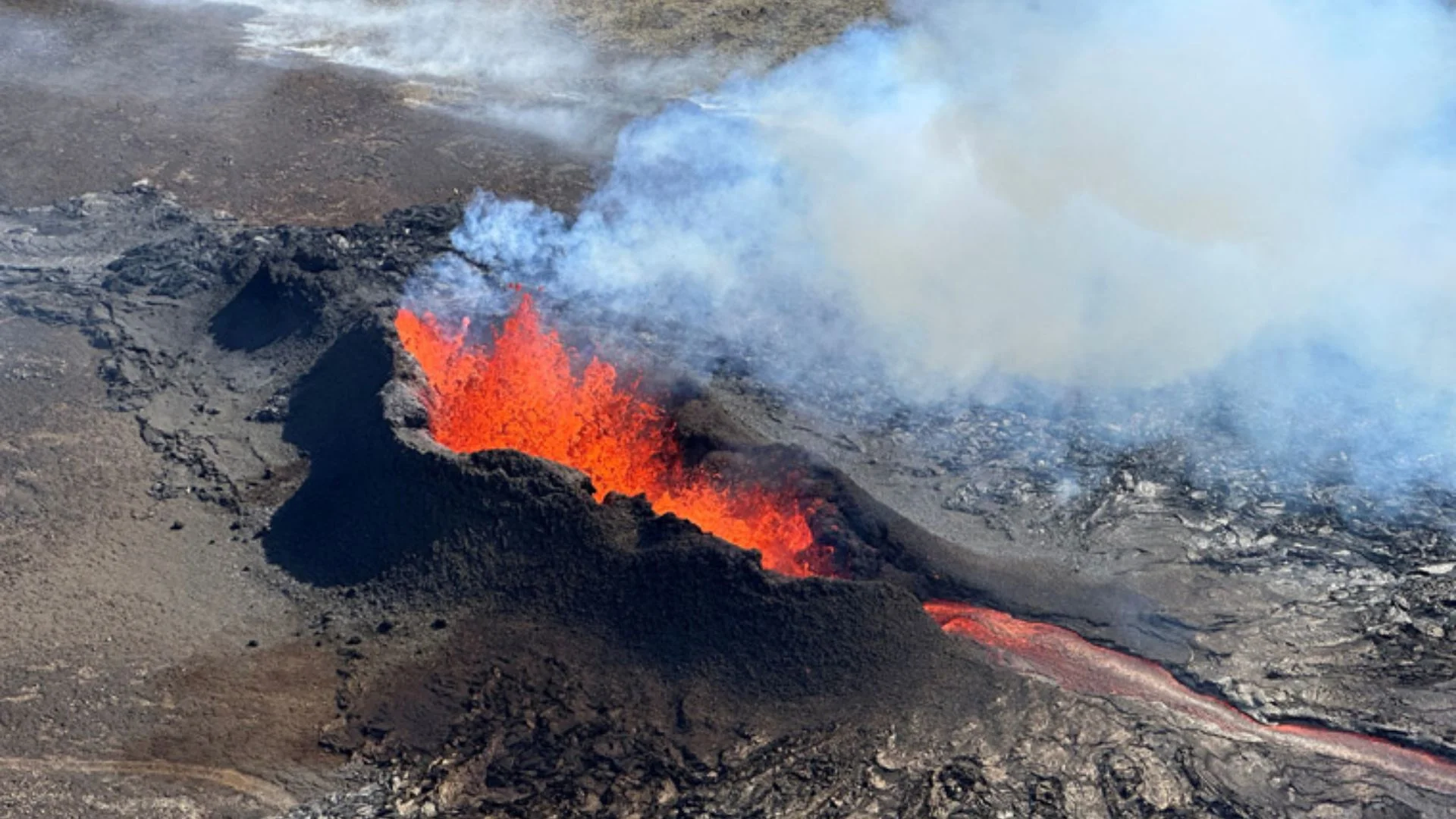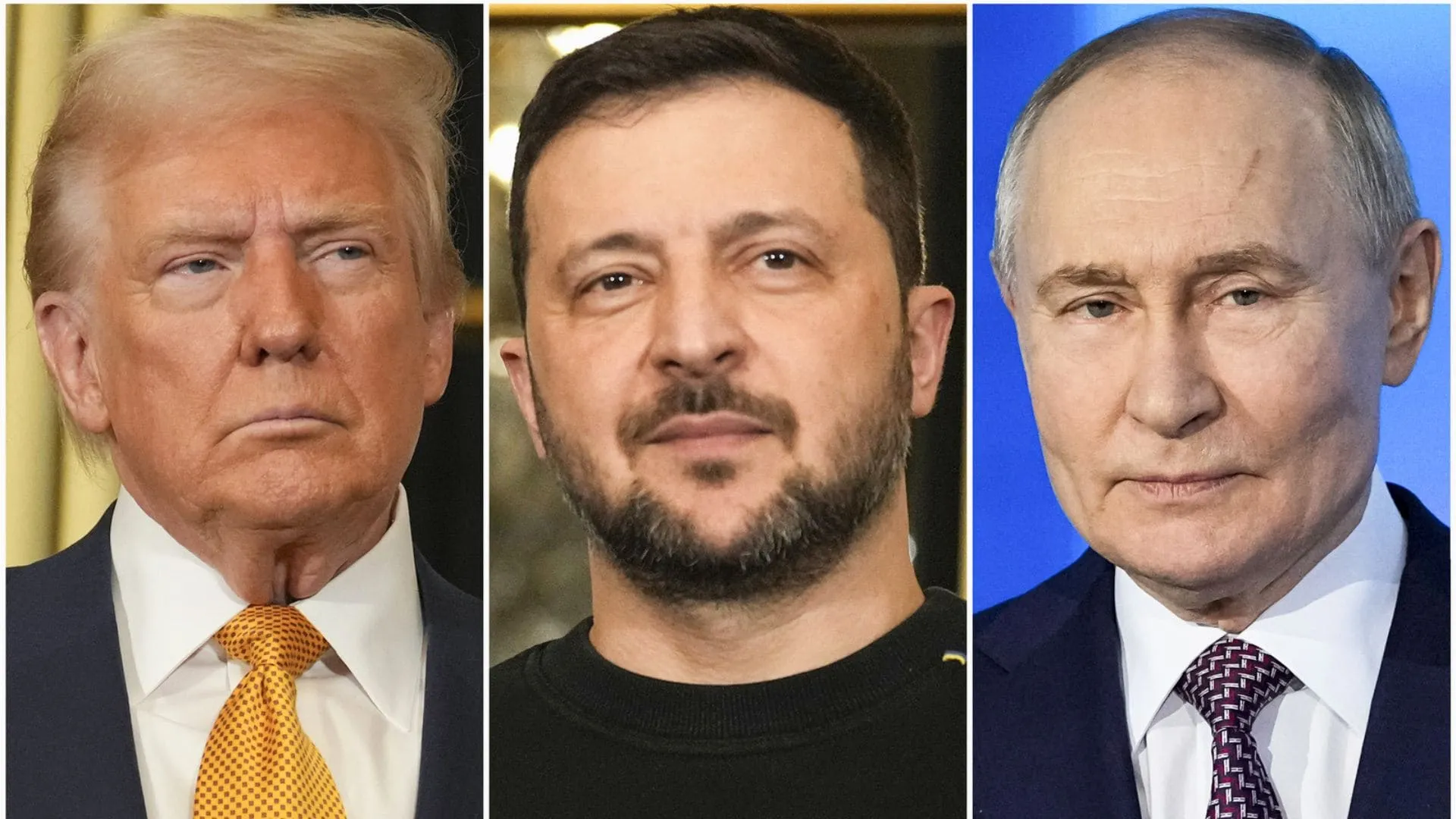Tens of thousands of protesters marched in the streets in Germany on Friday (February 14) ahead of the country’s federal election on February 23.
Protests Sweep 150 Cities
The protests were organized by the youth movement Fridays for Future and were staged in approximately 150 cities, according to organizers, who estimated more than 100,000 participants across the country.
The protesters called for more ambitious climate action, as they claimed that climate topics were marginalised in the election campaign by discussions over immigration and the economy, as reported by Euronews. Organisers emphasised that the protests were designed to get politicians to focus on the climate and to guarantee that ecological concerns did not get lost among voters.
Focus on the Right-Wing AfD
Berlin marchers bore placards with the slogans “Right on a future, rather than a right(-wing) future,” targeting the growing power of the far-right Alternative for Germany (AfD) party.
The AfD, which is anti-climate policy, has been critical of environmental rules for a long time and has promised to veto climate measures if it comes to power. The party is currently at about 20% of the vote, making it a major force in the next elections.
Last week, Munich witnessed over 200,000 citizens protest against far-right extremism, with most protesters holding placards against the AfD, with slogans like “Racism and hatred is not an alternative.”
Fridays for Future’s Growing Influence
According to DW, the Fridays for Future movement has been actively involved in pro-democracy demonstrations across Germany over the past year. While climate activism remains its core focus, the movement is increasingly engaging with broader social issues, explained 19-year-old Pit Terjung, a spokesperson for the group.
Terjung also stressed the need to build coalitions with various segments of society. “We also need representatives from totally other segments of society to speak out,” he asserted.
He mentioned that Fridays for Future Germany has already teamed up with bus drivers and unions in their mobilization. Further, he posited that other industries such as steel production, which are willing to speed up their transition in order to keep up with competition, can be rallied to press for climate action.









